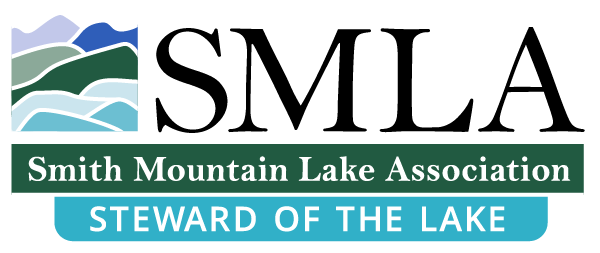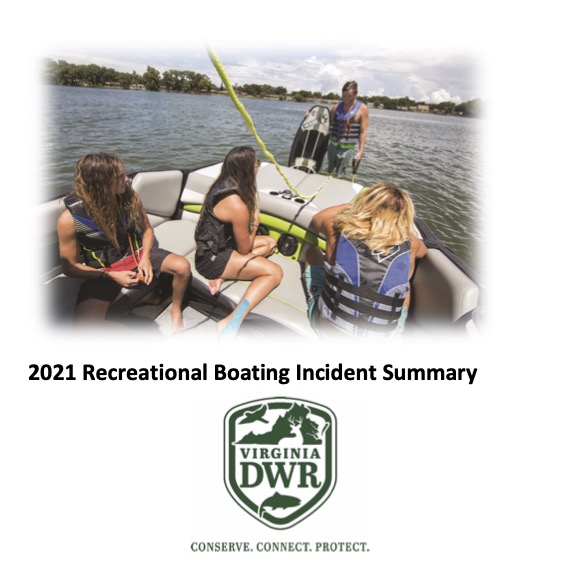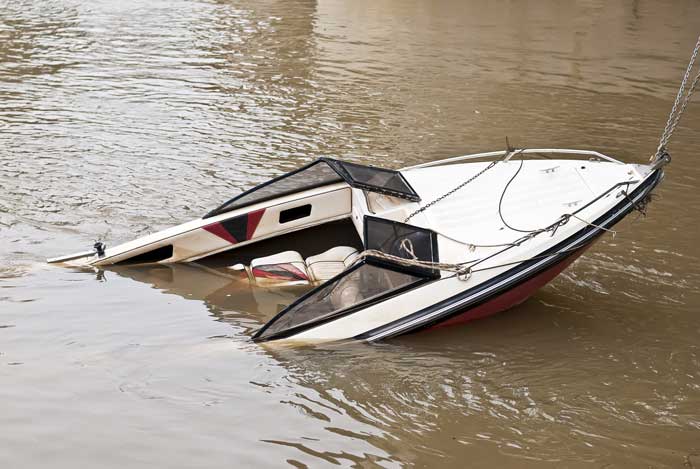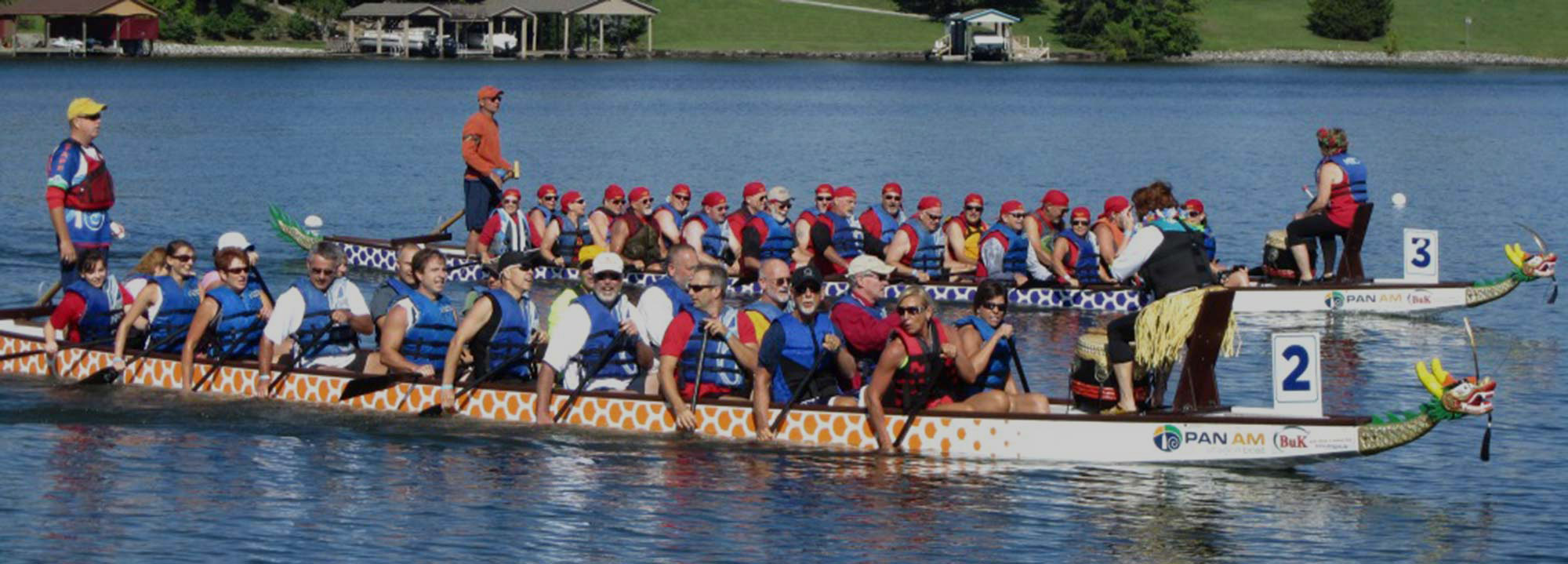
Water Safety Council

Vessel Safety Checks
- Power Squadron 2024 schedule
- USCG Aux also offers inspections
Outside of the set events, anyone can contact an inspector for a free vessel safety check. Fill out a request form and a note will be sent to the 5 nearest examiners who will see that an appointment is set-up with the requester.
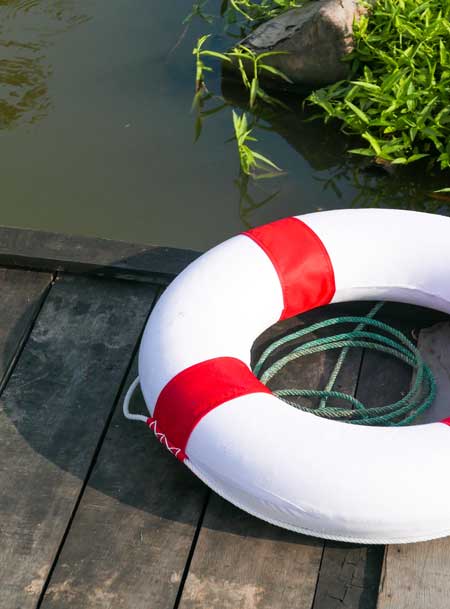
Five Water Safety Tips from the SMLA Water Safety Council
#1: Use life jackets while boating. Make wearing one a must for children you have aboard and a strong recommendation for adults. A skipper or mate, while donning their own PFD, can simply say, “We really prefer that everyone on the the boat wears a life jacket…can I get one out for you?” At the very least have one for every passenger on deck where it will be quickly available. And remember that you, as the skipper, have every right to REQUIRE that PFDs are worn anytime you feel it is called for—bad weather, limited visibility (think nighttime!), towing or being towed, holiday weekend traffic. It is YOUR RESPONSIBILITY to keep everyone safe, thus your prerogative to insist on life jacket use. SML Water Safety Council sells nice signs that remind children to wear life jackets on the dock as well. Get one at the SMLA office.
#2: Never Swim Without a Partner. Whether from shore, off the dock or off the boat, use the old “buddy system” from your summer camp days to be sure someone is paying attention to every swimmer. And designate a responsible adult as the official “watcher” of children swimmers. Don’t just presume “someone” will take on that role.
#3: Get Educated. The Virginia Boater Education law is now five years old, and we’ve seen the accident rate plummet. There’s no doubt that educated/aware boaters are safer boaters. If you or your loved ones haven’t yet attended a Boat Virginia course, get scheduled. Anyone who’s on the water needs to have working knowledge of the boating basics the course covers. Everyone who attends learns something. Remember: You don’t know what you don’t know!
#4: Maintain a Proper Lookout. This is so important it’s stated in both the International and Inland Rules of Navigation. Just as in driving, operator distraction is a major contributor to boating incidents. If your boat has an attentive lookout stationed, you have a chance of avoiding a collision with a boat that doesn’t. Every operator is obligated to take action to avoid collision with another boat. Scan the waterway, anticipate potential dangers, clearly show your intended course and stay well clear of other vessels, obstacles, navigation aids, docks and swimmers.
#5: Know the Rules of the Road. Boats being overtaken and boats ahead crossing from your starboard side (right front) have the right of way. Reduced visibility calls for reduced speed. Running lights are required during periods of low visibility—darkness, fog, rain. Keep to the right in channels, leave plenty of space when overtaking, and don’t “fall in line” with boats towing skiers or tubers.
Bonus Tip: Know and Maintain Your Boat/Equipment. Even relatively new boats can suffer burnt out running lights and other deficiencies. Arrange for a Vessel Safety Check of equipment and systems every year. Schedules of organized inspection events can be found at area marinas…or follow the “Boating Safety Checks” link at www.cgaux.org to arrange an inspection of your boat and PWCs nearby or at your own dock. It’s FREE, and it provides great peace of mind.
Should you be involved in a boating accident, please contact the local authorities (911) and Virginia Department of Wildlife Resources (804-367-1000)
Reportable Incidents:
Incidents that are required to be reported to the Virginia Department of Wildlife Resources.
•Damage over $2,000 by or to the vessel or its equipment
•Injury requiring medical assistance beyond first aid
•Loss of life
•Disappearance of any person from a vessel
The SMLA Water Safety Council (WSC) advocates for safety and responsible operation in water activities on the lake.
Mission Statement: The Mission of the Smith Mountain Lake Water Safety Council (WSC) is to promote boating, water sports, and lake front living safety on and around the Lake through education, training, and co-ordination of programming.
Goals and/or Objectives:
- Decrease the number of fatalities, injuries and boating accidents from the previous five or ten year average as well as the past year. *Review statistics when VDGIF releases their annual report.
- Increase educational opportunities from the previous year by utilizing media outlets and continuing the publication of “Water Safety Notes”.
- Support financially and logistically established safety programs in our community such as the:
- July 4th fireworks no wake zone
- Courtesy vessel safety checks
- “Hot Shot” free ticket program for children wearing PFD’s
- Continue to search for other viable programs
- Have a presence at appropriate venues to not only “fly the flag”, but create educational opportunities through displays and hand outs. Market the individual expertise of Council members to interact with local groups and schools through talks and discussions using WSC and other resource material available to increase safety awareness.
- Interact with and support the other programs, as appropriate, of the Smith Mountain Lake Association. Work in a collaborative manner within the financial resources of the organization.
To date, the Water Safety Council has succeeded in accomplishing their goals and objectives as evidenced in a downward trend in boating related deaths and accidents.
Join SMLA Today
Click to learn more about how you can help Smith Mountain Lake and its community.
